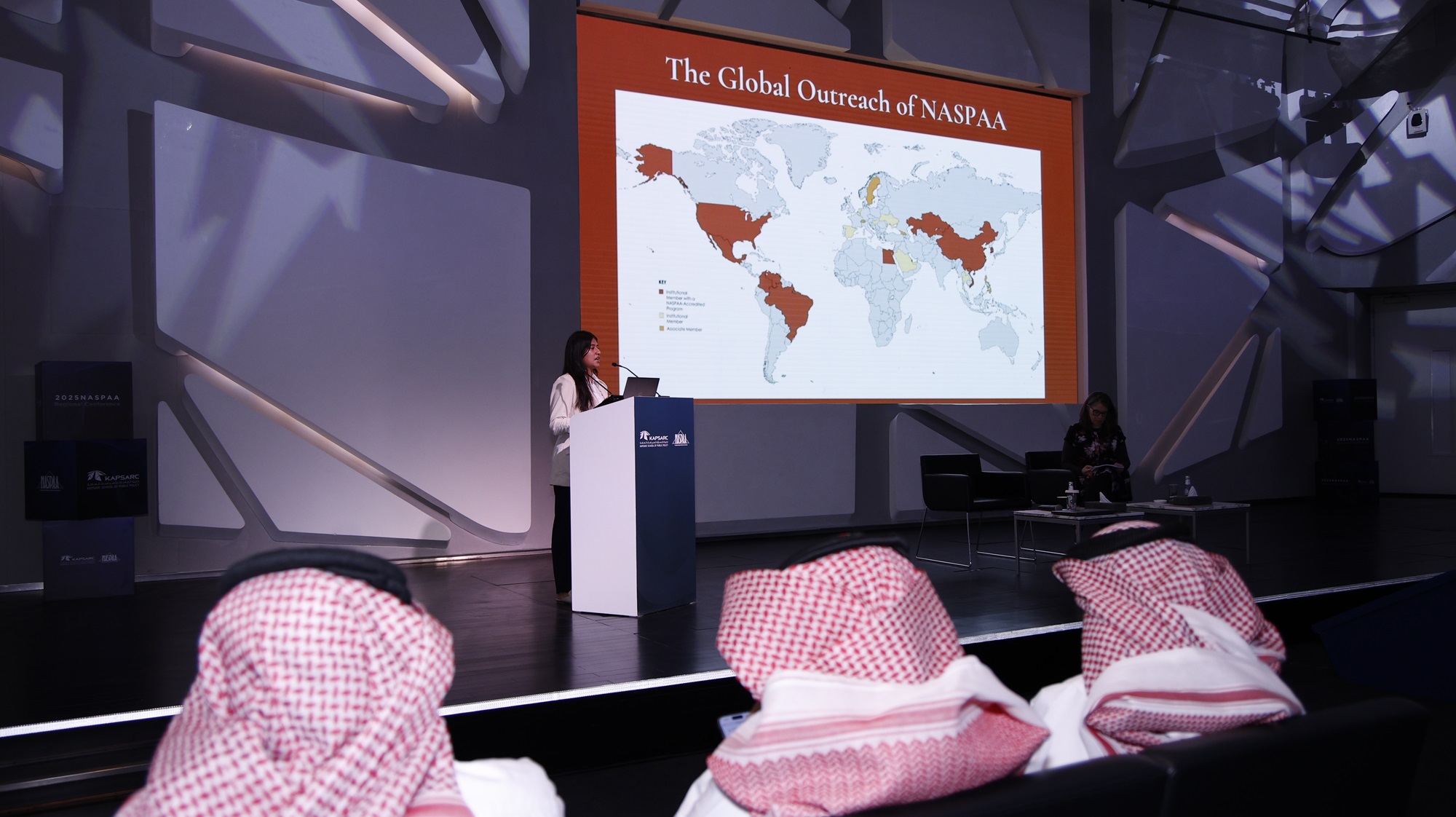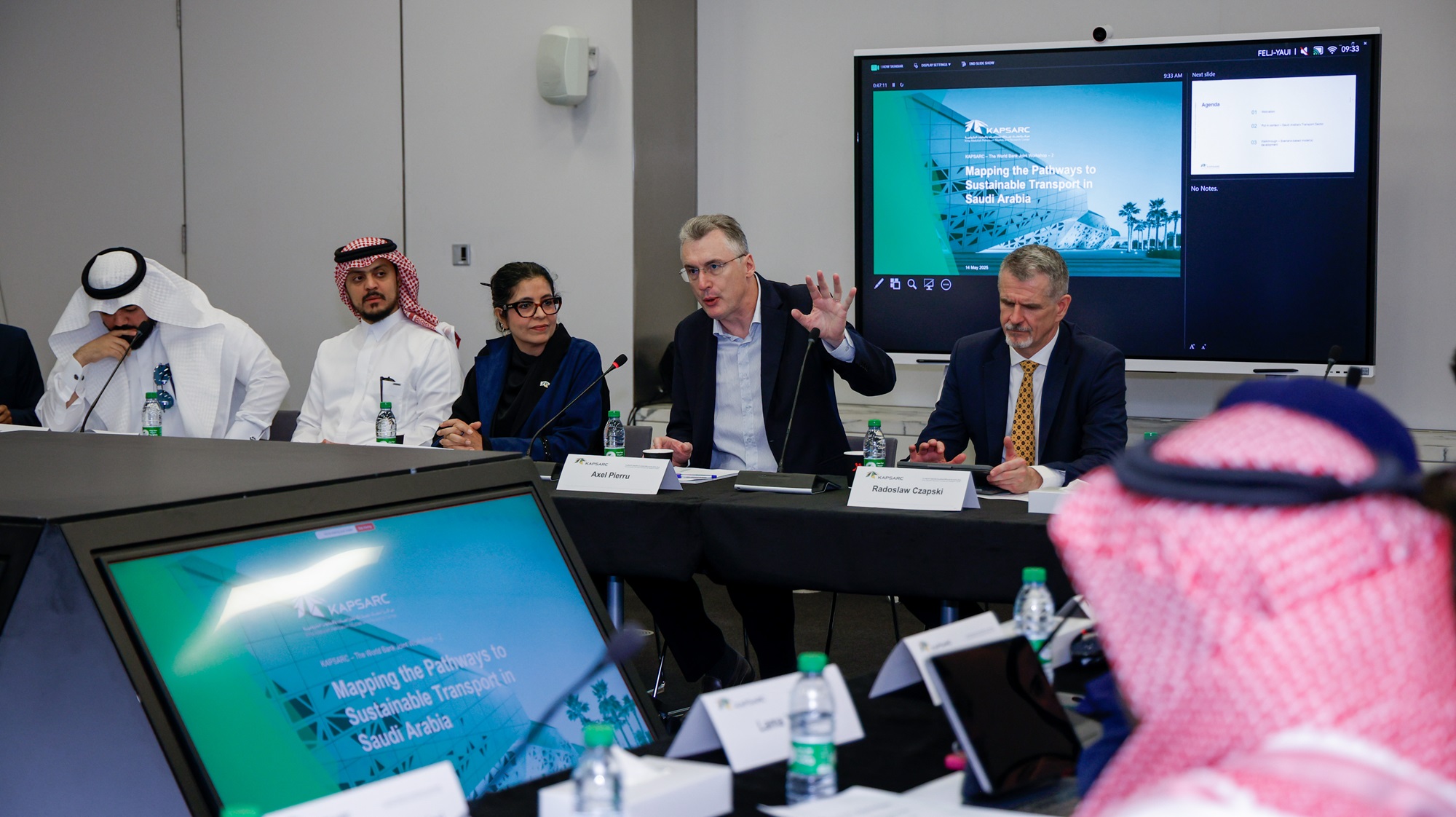Energy efficiency is central to achieving global decarbonization objectives. The COP28 agreement calls for doubling the average annual rate of energy efficiency improvements from 2% to 4% annually by 2030. In this paper, we discuss the feasibility of the COP28 target by analyzing historical energy efficiency trends, policy limitations, and projections using three statistical forecasting models. Using a Kaya identity-based decomposition, we isolate the drivers of efficiency improvements and assess the likelihood of achieving the required acceleration under current market conditions. While historical efficiency gains have been instrumental in moderating energy demand, sustained improvements beyond 1%-2% per year have been rare and often driven by economic contractions rather than structural transformations.



